It seems every few months the Trademark Trial and Appeal Board (“TTAB”) revisits its precedential decisions, In re Morgan and In re JuJu Joints, which we summarized in previous posts.
Enter In re PharmaCann LLC, in which the TTAB again confirmed that to qualify for a federal registration, the use of a mark in commerce must be lawful and any goods or services the mark covers must not be illegal under federal law.
PharmaCann submitted federal trademark applications for PHARMACANN and PHARMACANNIS for “retail store services featuring medical marijuana,” and “dispensing of pharmaceuticals featuring medical marijuana,” both of which the Examining Attorney categorically refused as not in lawful use in commerce. The Examining Attorney also included in the record two articles discussing PharmaCann’s intention to operate a medical marijuana dispensary in Illinois, where PharmaCann is located and where dispensing medical marijuana is lawful.

